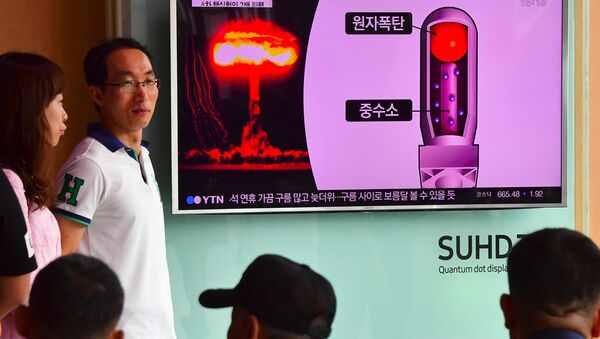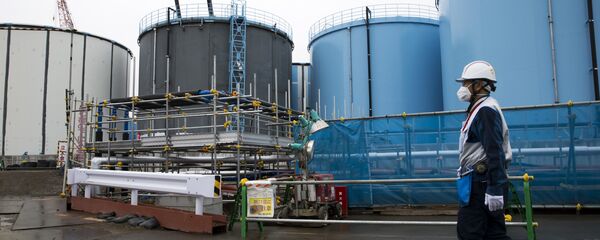This year's report speculates that Trump could win a second term, during which the US would fall into a deep recession. It conjectures that the US would struggle with inflation problems, which would stifle economic growth.
China then would annex Taiwan, causing Japan to develop their own nuclear warheads, leading to a new arms race in Asia.
According to Dinas, however, the unlikeliness of the international community permitting North Korea to develop those nuclear weapons capabilities makes this projection a bit of a reach.
While he acknowledges that there is no established mechanism right now to block North Korea from developing nuclear weapons, a coordinated program of actions, including sanctions, would eventually have an impact on the country.
In the long run, Dinas thinks cooperation between the US and North Korea will restore the sort of equilibrium that existed previously but which has been destroyed by the actions of both US and North Korean leaders.
That being said, the probability of the Bloomberg report scenario seems to be unlikely in the real world, in Dr. Dinas's view.
Speaking about the possibility of a two-term Trump, Dinas noted that Trump currently has the lowest ever approval rating for a president in his first year, which does not correlate with the nation's economic performance.
"The stock markets are not declining. There is no fear of short-term recession," he said.
The factors that affect Trump's approval do not lie in the economic sphere, he speculates, but rather in the informational one: the battle of ideas, media coverage and everything information-related. This sphere is even less easy to predict than the economic events, Dinas explains, so the future of Trump's second term is far from determined.


